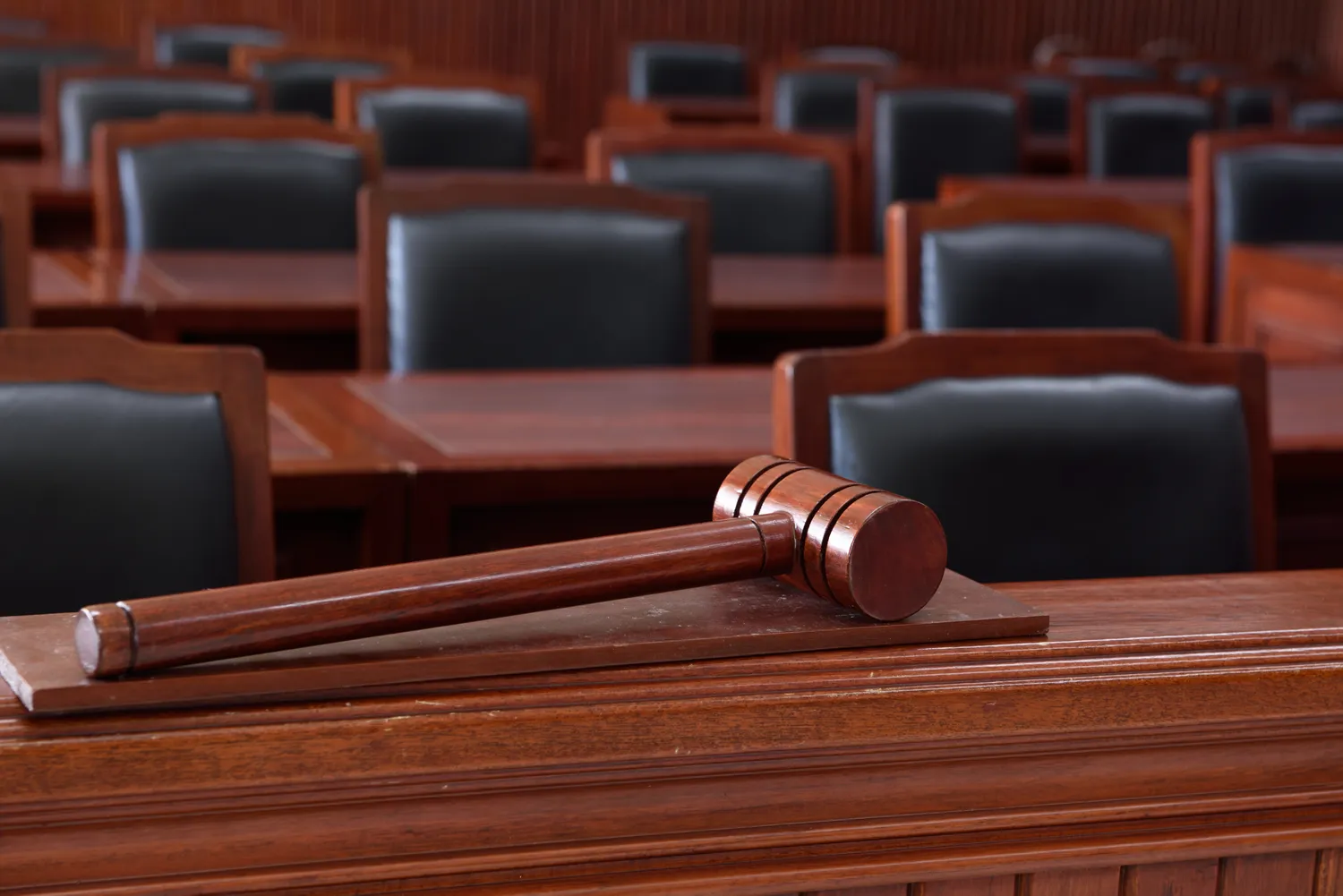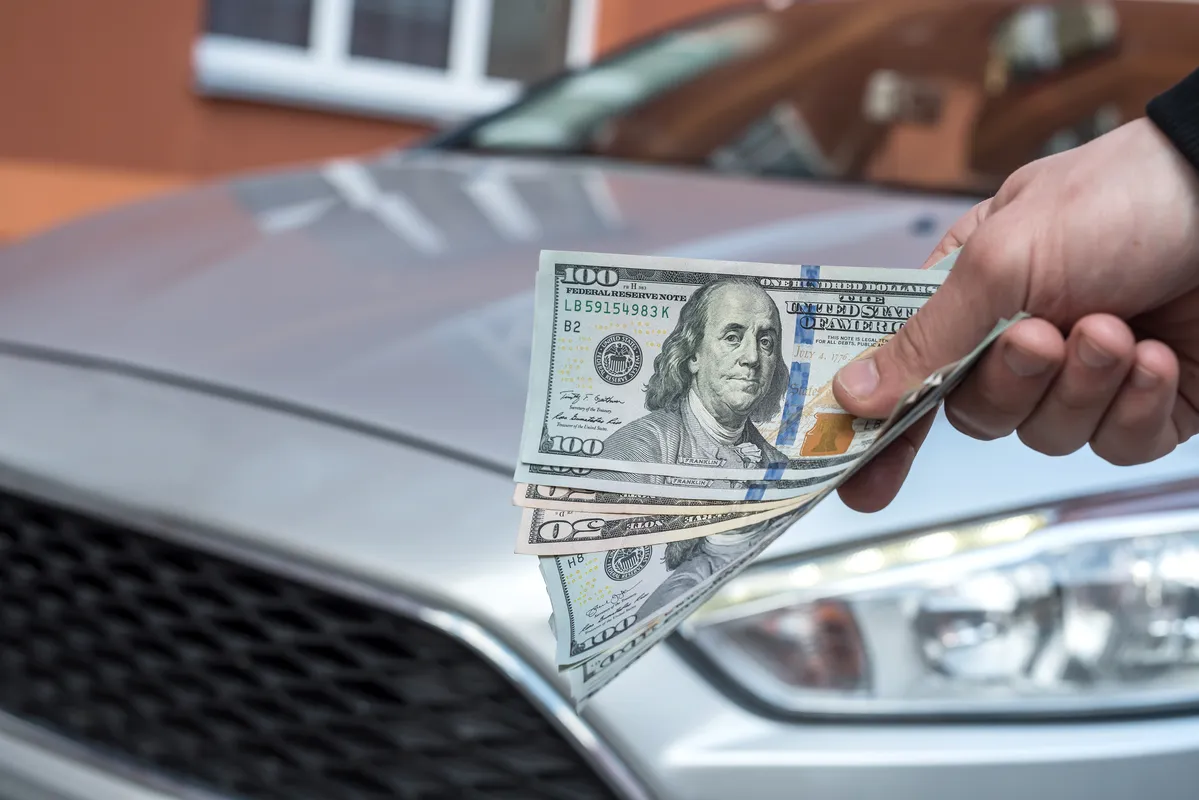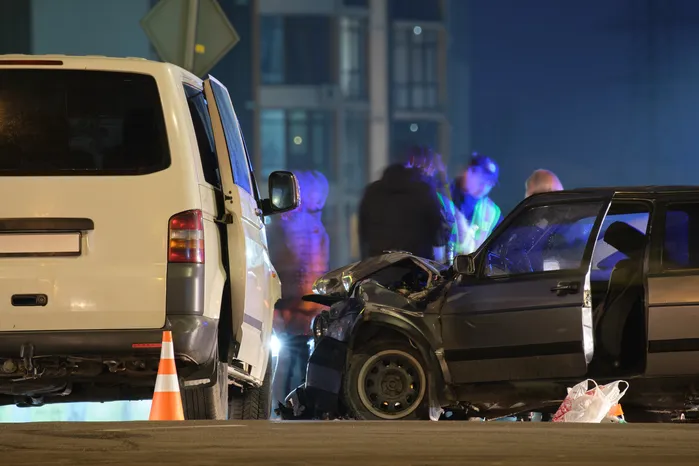7 min read time
Table of Contents

In personal injury cases such as car accidents, you may be awarded punitive damages, increasing the final value of your claim.
Understanding how punitive damages in Nevada work is important for anybody with a personal injury case.
This article will cover the basics surrounding punitive damages; however, if you want to learn how punitive damages work in your personal injury case, contact an experienced lawyer from our law firm today by calling (702) 566-3600.
What Are Punitive Damages

Punitive damages or exemplary damages, as they are sometimes called, play a special role in the justice system that compensatory damages do not.
Compensatory damages are meant to compensate the plaintiff for various economic and non-economic damages, including medical bills, lost earnings, and pain and suffering.
On the other hand, punitive damages are meant to punish the defendant for wrongful conduct and serve as a deterrent for future misconduct.
Purpose of Punitive damages
Punitive damages may be imposed in personal injury lawsuits when the defendant acted viciously, maliciously, or negligently.
Punitive damages do not aim to restore the injured plaintiff to their previous condition (as compensatory damages try to do), but rather:
Punish the Defendant: Punitive damages are a monetary penalty imposed on the at-fault party for engaging in wrongful conduct.
Deterrence: The court rules if punitive damages are awarded to the victim, it is to discourage the defendant and others from repeating the misconduct.
What Is the Nevada Law on Punitive Damages

Nevada law on punitive damages comes from statutes and past negligence cases, which create a framework that permits such damages in civil actions, including automobile accident cases.
The Nevada punitive damages law seeks to strike a fair balance between punishing and deterring especially harmful conduct while preventing excessive judgments.
When Are Punitive Damages to Be Awarded Under Nevada Law
Statutorily speaking, punitive damages in Nevada are to be awarded only in certain situations.
Namely, Nevada's law on punitive damages requires punishment and a deterrent effect.
The court may award punitive damages in any civil action in which the plaintiff establishes by "clear and convincing evidence" that the defendant has committed any of the following:
Oppression: Despicable behavior that exposes a person to cruel and unjust hardship knowingly and deliberately with conscious disregard for rights.
Fraud: An intentional misrepresentation, deceit, or concealment of a material fact known to the defendant, with the intention of depriving the plaintiff of rights or property.
Malice: Intent to damage the plaintiff or conduct with conscious disregard for the safety of others.
Limitations on Punitive Damages Set by Nevada Law
Nevada law limits punitive damages because overly large damage awards may be considered unfair or economically catastrophic to defendants. According to NRS 42.005:
Three times the amount of the compensatory damages: If the plaintiff is awarded $100,000 or more in compensatory damages.
$300,000: If the plaintiff is awarded less than $100,000 in compensatory damages.
The limitation does not apply in any product liability case in which the defendant acts were knowingly acted with conscious disregard for the safety of others.
Exceptions to Punitive damages
The Nevada law on punitive damages also sets situations where punitive damages do not apply. For example, punitive damages in Nevada may not be granted against:
Employers are responsible for the acts of their employees unless it is shown that the employer had prior knowledge of the unfitness of the employee and hired the employee with conscious disregard for the rights or safety of others.
Entities, including governments or political subdivisions, have generally been immune from punitive damages unless a statute specifically allows such damages.
Compensatory Damages vs. Punitive Damages
In personal injury cases, there are two separate categories of damages that may be awarded to a plaintiff: compensatory damages and punitive damages.
Both types of damages serve different functions and are based on different legal theories.
Reason For Award
Compensatory Damages: To compensate the plaintiff’s non-economic and economic damages resulting from an accident, such as medical expenses, lost wages, and pain and suffering.
Punitive Damages: To punish the defendant’s malicious conduct and deter similar conduct.
Burden of Proof
Compensatory Damages: Less evidence will be required to obtain them.
Punitive Damages: Requires a higher level of proof compared to a typical negligence case.
Determining Amount
Compensatory Damages: The severity and amount of damages will be used to determine the amount given.
Punitive Damages: The judge or jury decides how much punitive damages are given to an accident victim.
Caps and Limitations:
Compensatory Damages: There is no limitation, except some states place caps on non-economic damages in certain cases.
Punitive Damages: Has cap, which is outlined in the Nevada NRS.
Punitive Damages in Las Vegas Auto Accident Claims
In Las Vegas auto accident claims, you can seek punitive damages in addition to economic compensation if the defendant’s wrongful acts warrant such punishment.
While pursuing punitive damages, claimants should understand the legal principles and conditions necessary to recover punitive damage awards in auto accident claims.
Situations Where Courts Award Punitive Damage Awards in Auto Accidents
Courts may permit claimants to recover punitive damages in car accident claims where the defendant’s actions are beyond simple negligence. Some situations involving despicable conduct:
Drunk Driving: Driving while intoxicated by alcohol or drugs manifests clear indifference to the rights of others.
Reckless Driving: Speeding, aggressive driving, or other reckless actions that demonstrate a conscious indifference to traffic regulations and the safety of the public.
Hit and Run: Leaving the scene of an accident where serious injury or death has occurred reflects a conscious indifference to the victim’s interests.
Evidence Needed to Award Punitive Damages in Car Accident Claims
When accident victims seek punitive damage awards in Las Vegas, the claimant bears the burden of a higher proof standard called clear and convincing evidence.
The facts submitted to the court or jury must be substantially more likely to be true than false, and the judge or jury must be convinced of their truthfulness. To prove punitive damages, the claimant should establish:
Defendant’s State of Mind: Facts showing the defendant’s recklessness or intent, such as police documents, witness statements, or video recordings.
Nature of Conduct: How bad the defendant’s conduct was, such as previous similar violations or obvious traffic law violations.
The Role of the Jury and Judge in Awarding Punitive Damages

In a Nevada personal injury case, the jury and the judge each have roles in deciding the punitive damages award.
The Jury’s Role
Assess Evidence: The jury assesses the evidence to determine if the defendant acted in the legal threshold for punitive damages—malice, fraud, or oppression.
Find Liability: The jury attributes liability based on the evidence and the required threshold.
Quantify the Amount: When punitive damages are appropriate, the jury decides the amount to award.
The Judge’s Role
Give Legal Instructions: The judge instructs the jury on the law concerning the punitive damage threshold and the burden of proof.
Veto or Modify the Jury’s Award: The judge can veto punitive damages if the amount is too high or unsupported by the evidence.
Talk to a Las Vegas Car Accident Lawyer Today
If you were involved in a Nevada accident and believe the other party acted in bad faith, contact one of our attorneys to see if you can seek punitive damages.
Call (702) 566-3600 for a free consultation where our experienced Nevada lawyers will review your personal injury lawsuit and help you pursue punitive damages.
Frequently Asked Questions
Obtain the Compensation You're Entitled To
Contact Us Today
Rodney Okano Car Accident Lawyer is a Las Vegas personal injury law firm with over 20 years of experience helping clients obtain maximum compensation following injuries from accidents such as car crashes, worksite injuries, and slips and falls. Over those years, The Rodney Okano Car Accident Lawyer Law Firm has become an experienced law firm that can ensure exceptional results for any of its clients.






